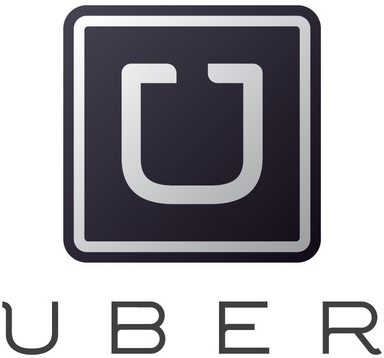Gov. Gavin Newsom has informed the state Legislature that he will not approve a $750 million loan for Bay Area transit, meaning agencies like Muni and BART may have to make massive cuts to service.
State Sen. Scott Wiener, who proposed the deal, is “disappointed.” SPUR, which supported it, is “disappointed.” Muni passengers are going to be more than “disappointed”—they are going to be stuck.
I don’t know why Newsom, who wants to be president, is willing to be the governor who saw essential transit services collapse on his watch. But I always ask: Who benefits from this? And the answer is clear:
Uber, Lyft, and Waymo. Later, Tesla and other robo-taxis and ride shares.

When people can’t use transit to get around San Francisco—to work, to school, to shop, to go to the doctor or dentist, to visit friends—they will either drive or use ride-shares. This is great news for Uber, which has made it clear that its financial future depends on destroying public transit.
I don’t know if this played a role in Newsom’s decision, but I know he is utterly transactional—and if Big Tech is offering him big campaign bucks, he’ll do what the money boys want.
The defining land-use battle of the year kicks off Tuesday/9 when Sup. Myrna Melgar will ask Mayor Daniel Lurie about his so-called “Family Zoning Plan.” We don’t know what Melgar will ask during Question Time, but we do know that the idea of increased density (and the huge potential for displacement) is unpopular on the West Side of town.
Two days later, on Thursday/11, the Planning Commission will take up the plan. We can expect a large crowd to show up to testify for and against; a meeting on the plan at the Irish Cultural Center on the West Side attracted some 300 people.
The debate over the upzoning and the outcome of the final vote at the Board of Supes could have lasting political implications. The progressives who don’t see this as a solution to affordable housing, and the conservative small business folks on the West Side, and the neighborhood advocates who don’t like to have their voices cut out of development decisions, make a potentially interesting alliance.
If Sup. Joel Engardio is recalled, part of the reason will be his support for the demolition of existing housing and the construction of taller buildings. That could send a message to other supes.
The Planning Commission meeting starts at noon.
The Board of Supes Budget and Finance Committee will consider Wednesday/10 a plan to waive some $81 million in fees for community infrastructure and affordable housing in the Market-Octavia Special Use District. The idea is to make more market-rate housing “pencil out.”
The problem: All that new luxury housing won’t help the city’s affordability crisis, the loss of affordable housing money will make things even worse—and the taxpayers will have to pick up the tab for infrastructure.
From the Budget and Legislative Analyst report:
The proposed ordinance would improve the financial feasibility of development in the Market Octavia area but limit the City’s funding sources for community infrastructure and affordable housing.
It’s sponsored by Sups. Bilal Mahmood and Matt Dorsey.



